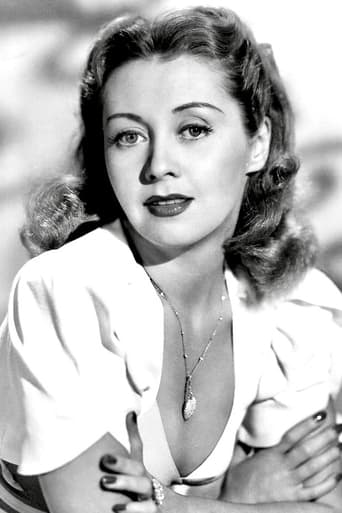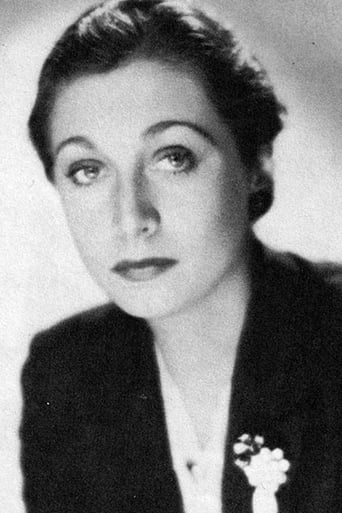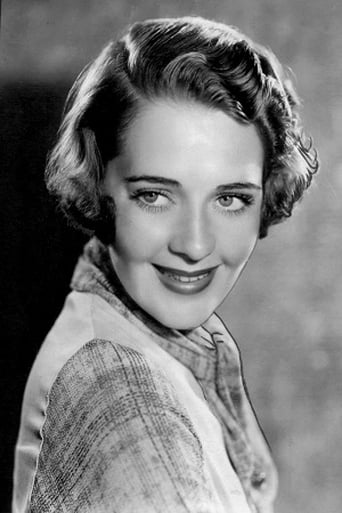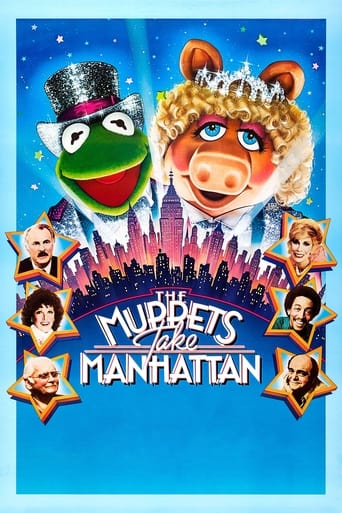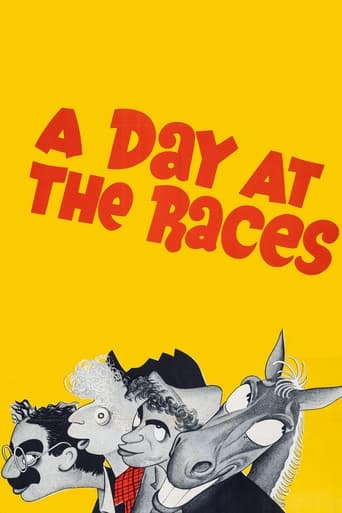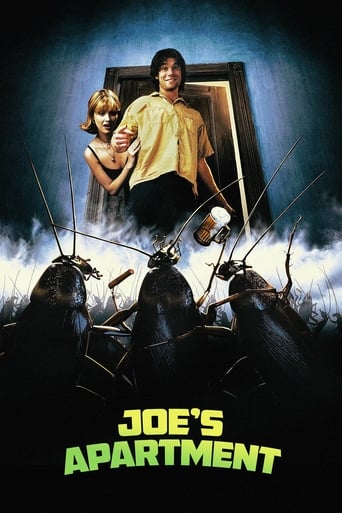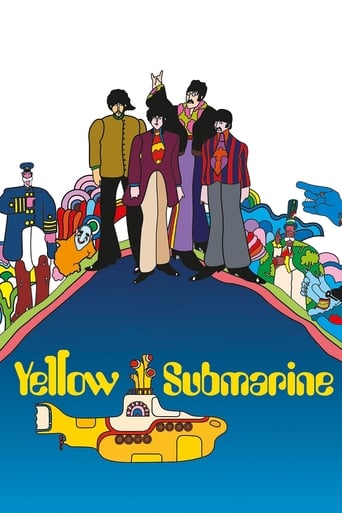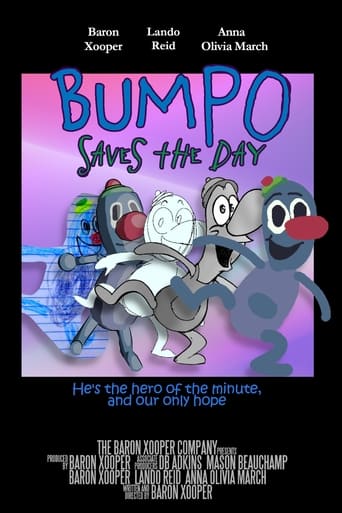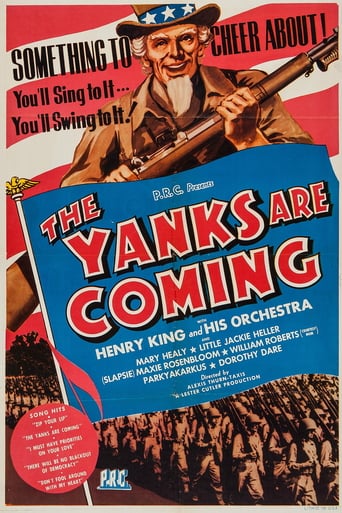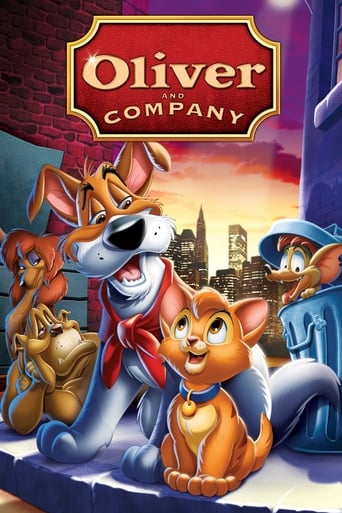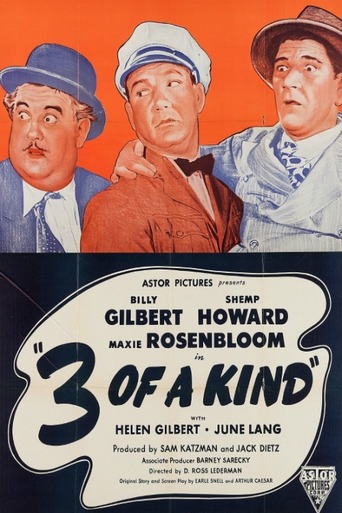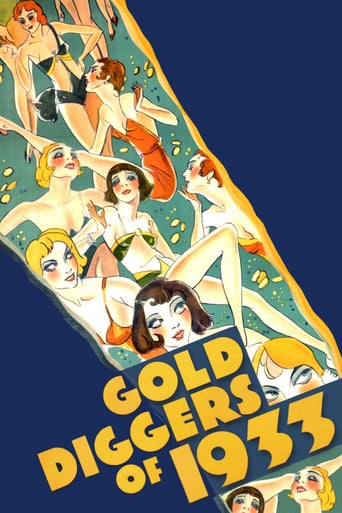
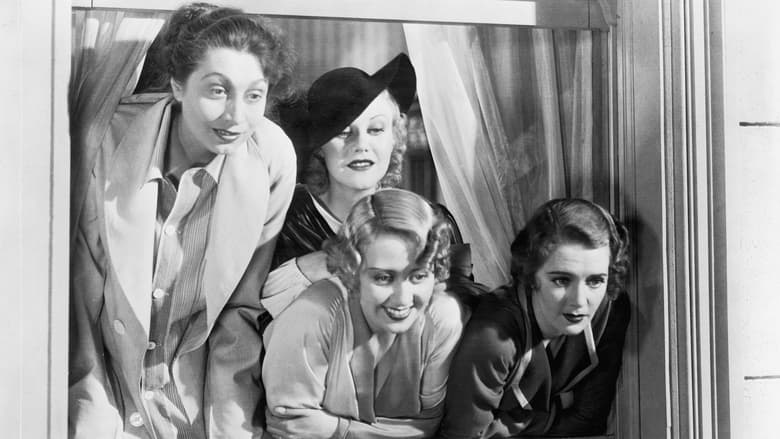
Gold Diggers of 1933 (1933)
During the Great Depression, all Broadway shows are closed down. A group of desperate unemployed showgirls find hope when a wealthy songwriter invests in a musical starring them, against the wishes of his high society brother. Thus start Carol, Trixie and Polly's schemes to bilk his money and keep the show going.
Watch Trailer
Cast
Similar titles
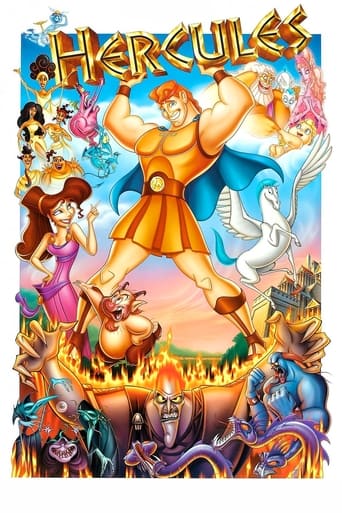
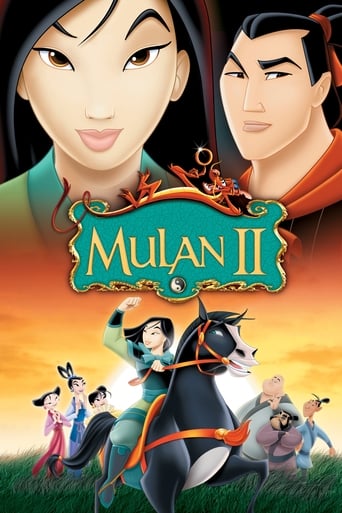
Reviews
So much average
The best films of this genre always show a path and provide a takeaway for being a better person.
Watching it is like watching the spectacle of a class clown at their best: you laugh at their jokes, instigate their defiance, and "ooooh" when they get in trouble.
Actress is magnificent and exudes a hypnotic screen presence in this affecting drama.
When I'm in the right mood I think of THE GOLD DIGGERS OF 1933 as the best musical ever made. Mostly I find its tonal shifts a bit incoherent for that high honor, but GOLD DIGGERS is at least a strong contender.For my money, a great musical ought to have a great original musical score (sorry SINGING IN THE RAIN) and beyond that ought to be of real interest even in the absence of its music. I don't mean that we're looking for Hamlet or King Lear, such complexity would probably make successful musical integration impossible, but a clever treatment of a solid subject will do. GOLD DIGGERS presents us with a sharp comedy of errors book-ended by a pair of serious production numbers. Probably a unique structure and not entirely successful, but the parts of this structure rarely descend below the marvelous.Maybe only 'We're In The Money' (really titled 'The Gold Digger's Song') can stand alone from the film's score, but Warren and Dubin's other efforts all work perfectly within Berkeley's inspired production numbers. Those numbers are a slight advance on 42nd STREET's, more consistently elaborate and spread out within the picture, which was probably a good idea. The opening number, springing immediately from the opening credits, seems as merry and frivolous as they come until its conclusion is cut off by a sheriff's repossession, giving us a textbook example for the word 'ironic'. There remain serious undertones through the nice expository scenes in the girls' apartment which follow, but the movie soon shifts to pure comedy, and the musical numbers along with it (especially the deliriously surreal 'Pettin' in the Park'). Once the comical confusions have been cleared up the ultimate 'Forgotten Man' number comes nearly out of nowhere (Ned Sparks had given us slight anticipation for it much earlier on). Its relevance to recent events in 1933 is clear (WW I vets had been promised bonuses for their old age. Given the economic circumstances, they had demanded the bonuses immediately and marched on Washington in protest, camping out there for quite some time. Eventually the government ordered the military, under Douglas MacArthur as it happened, to clear them out, and this was done violently. It shook a lot of people up, referenced here by Joan Blondell's memorable glare towards the cop telling the homeless veteran to move on, but it doesn't seem to have much to do with the movie we've just seen so far as I could tell).The Forgotten Man number is brilliant, however, and so had been the movie that we had just watched. Aline MacMahon and Guy Kibbee are particularly funny, Warren William does well in the thankless role of the straight man to everybody's jokes, Ginger Rogers gives further proof of her versatility as she projects pure vanity perfectly. It's unfortunate that she nearly disappears from the movie early on (and for that matter, Keeler practically disappears from it once the Willam/Kibbee-Blondell/MacMahon plot takes center stage). Ginger actually filmed a very bluesy/sad version of 'I've Got To Sing A Torch Song' which must have been meant for sometime around the scene when Trixie threw Fay out of that nightclub for coming on to 'Fanny'. The film seems to have disappeared though for those interested the sound track can be heard on Youtube. It would have given a twist to the character of Fay, a one-noter as she now exists.THE GOLD DIGGERS OF 1933 may not be the best of all possible musicals, but if someone were to ask me for the most representative film from Hollywood in the 1930s, GOLD DIGGERS would be the one.
"We'll make people laugh at you starving to death!" deadpan Ned Sparks tells tall, lanky showgirl Aline MacMahon. "The depression, dearie", Ginger Rogers sarcastically reminds another chorus girl as to why their show is closing. Audiences then wouldn't get to see Ginger giving her pig-Latin version of "We're in the Money" as the camera scrolls down the list of Broadway theaters all dark due to the lack of angels funding shows. While Broadway was not as dark in 1933 as the movie makes this out to be (just check out the "Best Plays" series for the seasons 1932/33 and 1933/34), things did look pretty dismal for a while. This is the best musical made about the depression, focusing on chorus girls MacMahon, Rogers, Joan Blondell and Ruby Keeler, all unemployed after Sparks' previous show closed before opening, and the hope that his new show (with the help of mysterious songwriter Dick Powell) will actually open. And when Powell's banker brother (Warren William) steps in to get his brother away from Broadway and prevent him from marrying one of the chorus girls, the "gold diggers" get together to teach William a lesson. Smart Joan Blondell poses as Powell's fiancée (who is actually Keeler) and wins William's affection in the process. MacMahon makes a play for "daddy" Guy Kibbee, whom she nicknames "Fanny", warning Rogers to keep her paws off him or else...This follow-up to "42nd Street" is actually better than its predecessor, even though "42nd Street" is excellent in itself. To say that a movie goes "beyond excellence" is a rare comment on a film, and this is one that I never tire of watching. There are so many moments of this film that step beyond greatness that I can't mention them all. But try these few on for size. A secretary threatens to complain to the agency for Sparks dismissing her so early. "I wish there was someone I could complain to", he tells her. After a troop of hillbilly singers try to finagle an audition, he decides to close up the office before "the jugglers and midgets get there." It is so hard not to laugh so loud that you end up missing the next joke. Try not to fall head over heels in love with Aline MacMahon, the gold-digger with a huge heart of gold. The scene where she tells off Powell (whom she believes has a criminal past) and warns him about what fate could befall the girls of the chorus is one of the most honest pieces of acting I've seen in any film. Watch Blondell melt under William's spell after being so tough up until then. The scene where Blondell and MacMahon each make William and Kibbee buy them hats is also another great moment. Veteran comic Sterling Holloway ("Winnie the Pooh") is hysterically funny as one of the delivery boys.As for the songs, there is not one dud among them, which is why a few of them ended up in "42nd Street" almost 50 years later on Broadway. I would love to have seen someone try to stage "Pettin' in the Park" even close to how Busby Berkley stages it here. Billy Barty is used to great comical advantage as the toddler. The song is sort of a prequel to "42nd Street's" "Shuffle Off to Buffalo", which itself had a sequel, "Honeymoon Hotel", in the same year's follow-up, "Footlight Parade". I actually like Ruby Keeler's singing voice; It is far from perfect, but is a nice contrast to other musical stars of this era. "The Shadow Waltz" is one of the great visual numbers of film history. And when Joan Blondell (who did a few musicals on-stage) gets to talk/sing the final, "My Forgotten Man", she sums up what the entire film has been all about. While America may never have a depression like they did in the 30's, the themes of the film resonate today, making this an important record of one of our greatest domestic crisis in our history.
This is remarkable stuff about the effort to produce art that matters and can seduce love from us.It is exhilarating to watch on just a basic level, with all the frill and gaudiness that characterizes the Hollywood musical, but doubly endearing because we get to reconcile the eye-popping excess with layered inside the mechanisms that shape this vision from one stage to the next. It is a film about the makings of the film that we are watching.It starts with the rehearsal of a Broadway musical, an early run of this film we're meant to be watching; a lavish set-piece celebrating money, happiness, the end of breadlines, all this audaciously enough in the middle of the Depression - writing this from a country devastated by recess I can, on a very small degree at least, put myself in the shoes an audience greeted with this first scene. No sooner is the rehearsal over however, than police break it up and start requisitioning everything, props, equipment, even the skimpy dresses on the dancers. It's a fascinating scene, with literally the entire hubris of this show that we were watching being dismantled back into harsh reality. Clearly this seduction would not do just yet.A new show is soon commissioned, this time one meant to poignantly address the times. The rest of the film is about the effort of both participants and viewers to learn to embody what this new film is about - exposing to the audience that only love can steer the soul through hard times - so that the vision is truthful when it reaches the stage; naturally it starts with deceit and seduction on both sides, the actresses from that play and old money men from Boston pretending affections for one another while pursuing selfish agendas.Of course gradually cynical soul hardened for money is seduced by the innocence of true feeling; in both romantic cases the reversal does not convince, but has the power to seduce us on the other end with just the grand sweep of the events. Love conquers, because we want it to.So eventually the new play is staged and it's an uproar, again pure gaudiness with soldiers marching up and down. Its purpose is meant to channel outrage into a sort of patriotic committal for the long run, a selfless love that endures.Don't be put off that it's a musical, if you are; song and dance is only the voluptuous expression of a loving heart. Below these we have a film about the heart learning to beat truthfully, the purgings that take place inside and produce art with the capacity to move on the other side. It's just dreamy enough for it to work, purely Hollywood.And it's one of the most enjoyable films I've seen in a while. Joan Blondell has a fierce pout that clears all shadows.
This masterpiece from 1933 is one of the best examples I've seen of early Hollywood exploitation, although by today's standards if you didn't already know it was controversial at the time you probably wouldn't notice. With the introduction of the talkies in the late 1920's, Hollywood seemed unable to control various movies using subtle innuendos, and actresses displaying a bit more skin than they should until the Hays Code came into full force in 1934, which enforced the boundaries as to what was deemed acceptable on screen. Gangsters profited from crime, women displayed their legs, and in the case of Gold Diggers Of 1933, women used their sexuality to conquer men and gain what they wanted.Set during the Depression, it follows a quartet of stage dancers after their show is stopped due to the creative director failing to pay the bills. Things look on the up when the girls are asked to return for a brand new show, which would tackle the effects of the Depression on the common man and the state of the country. The enthusiastic director Barney (Ned Sparks) overhears the girls' neighbour Brad (Dick Powell) crooning a tune playing his piano, and invites him to play more tunes and eventually write the score for the upcoming musical. Barney also needs a lot of money to fund, something that Brad is happy to pay in case, much to the girls' suspicion.It comes across as a film with two halves - the first focusing on the development of the musical, the relationship between Brad and dancer Polly (Ruby Keeler), and the confusion surrounding the shady Brad's situation. The second seeing fellow dancers Carol (Joan Blondell) and Trixie's (Aline MacMahon) attempts to squeeze as much cash as possible out of Barney's upper-class brother Lawrence (a brilliant Warren William) and bumbling Peabody (Guy Kibbee). The first is a masterclass of beautiful stage numbers, fantastic songs, and good old-fashioned escapism. The second is where the film hits full stride, providing laugh out loud situations and some verbal comedy that wouldn't look out place today, as the girls flirt with and tease the old men as we cheer them on. It's the kind of thing that Sex And The City wishes it could pull off when it isn't being so materialistic and soulless.When you think it's over it pulls off one last masterstroke in the highly effective 'Remember My Forgotten Man' musical number, as Joan Blondell sings about how her man fought for her country and now begs for food and resorts to picking up discarded cigarette butts, as bloody soldiers march through the street. It's a beautiful moment and really sums up the era. It offers an insight into the whole Pre-Code Hollywood movement, where people would go to the cinema to escape their everyday struggles to see an actress like Blondell revealing a bit more leg than she should, or a Pre-Code veteran such as Warren William sneer his way through some juicy lines and villainous roles. It gave the general public that little something extra to get excited about.This is a film that has everything, and if you can track it down I would urge you to see it. It's a fascinating time capsule, and even has a very early role for Ginger Rogers as the flirty Fay. It has also been entered into the National Film Registry for preservation by the Library of Congress. A must-see.www.the-wrath-of-blog.blogspot.com
